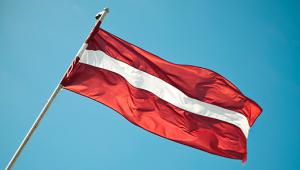Research by the World Health Organisation on how baby food is marketed reinforces moves to prohibit added sugar in foods for children under 36 months old.
WHO representatives in Europe warn that high sugar levels may threaten a child’s first teeth and put them at risk of developing a preference for sweet foods, leading to problems of obesity in later life.
“Good nutrition in infancy and early childhood remains key to ensuring optimal child growth and development, and to better health outcomes later in life – including the prevention of overweight, obesity and diet-related non-communicable diseases – thereby making UN Sustainable Development Goal 3 to ensure healthy lives and promote well-being for all at all ages much more achievable,” said Dr Zsuzsanna Jakab, WHO regional director for Europe.
New studies from WHO/Europe show that a high proportion of baby foods are incorrectly marketed as suitable for infants under 6 months – and that many contain inappropriately high levels of sugar.
The WHO recommends that children should be breastfed exclusively for the first six months.
WHO developed a draft Nutrient Profile Model for children aged 6–36 months to guide decisions about which foods are inappropriate for promotion for this age group.
It collected data on food or drink products marketed for infants and young children from stores in Vienna, Sofia, Budapest, and Haifa between November 2017 and January 2018.
In all four, from 28% to 60% of the products were marketed as being suitable for infants under the age of six months – ignoring WHO guidance stating that commercial complementary foods should not be marketed as suitable for this category.
“Foods for infants and young children are expected to comply with various established nutrition and compositional recommendations,” said Dr João Breda, Head of the WHO European Office for the Prevention and Control of Non-communicable Diseases.
“Nonetheless, there are concerns that many products may still be too high in sugars.”
In three of the cities, half or more of the products provided over 30% of the calories from total sugars.
In 2016 draft European Union rules that would allow baby foods to continue to contain up to three times more sugar than is recommended by the WHO were vetoed by the European Parliament.














